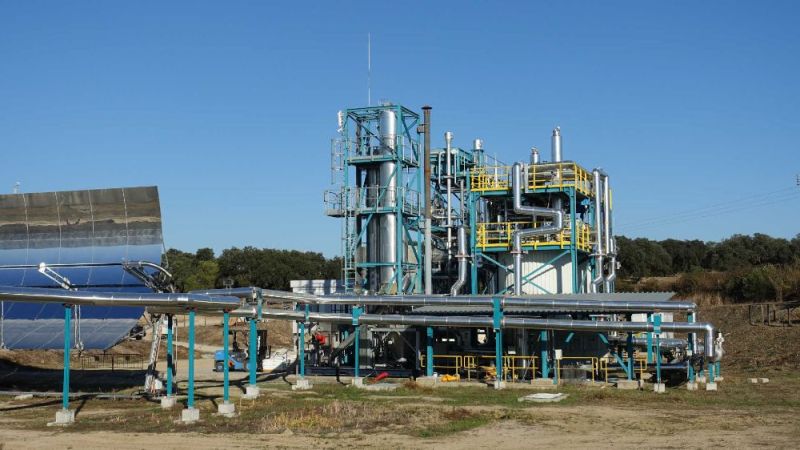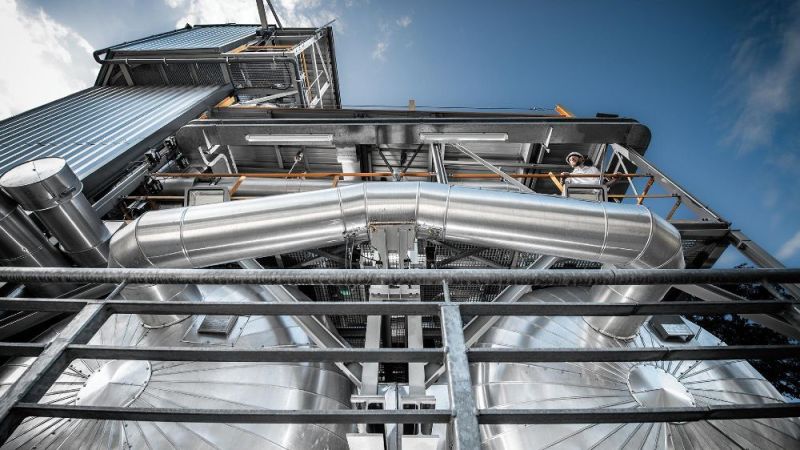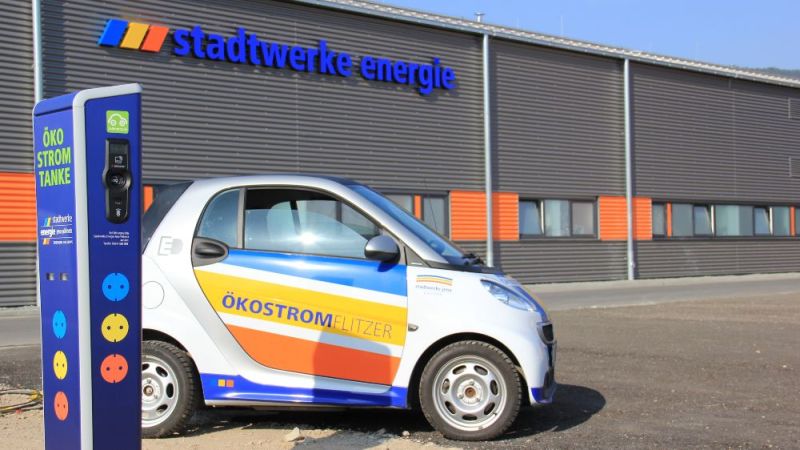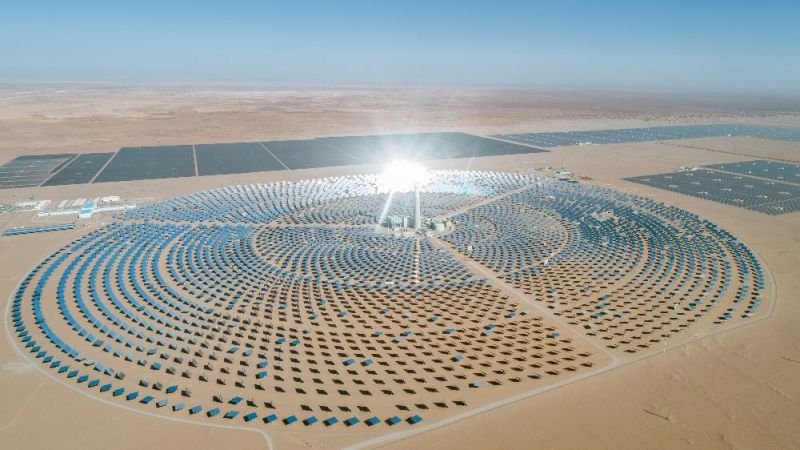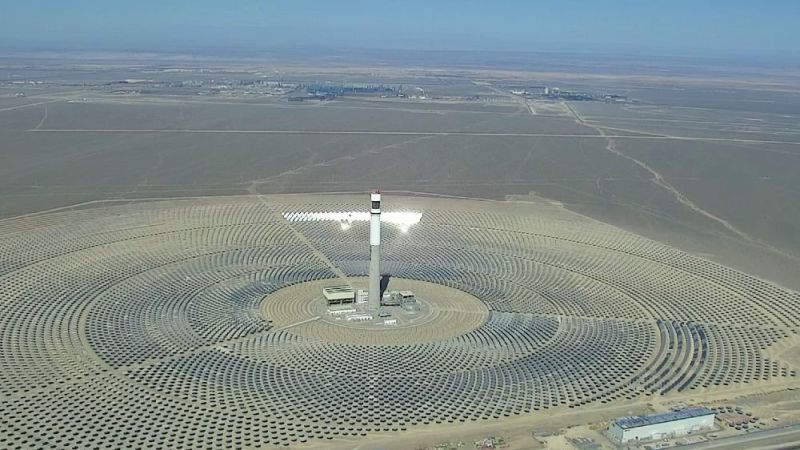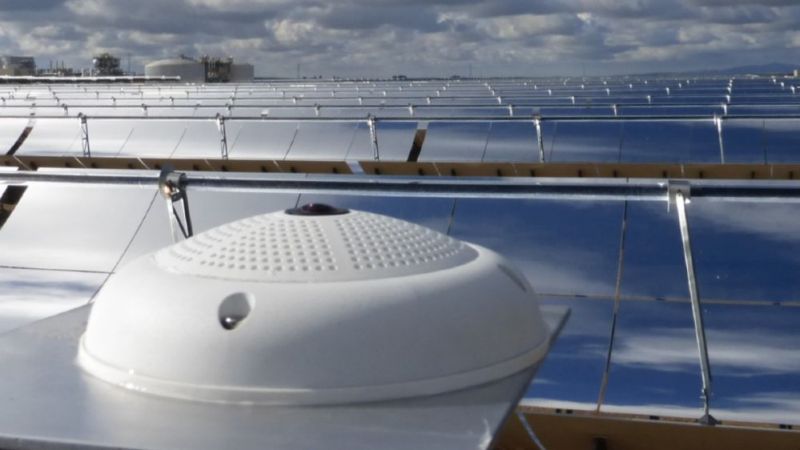Solar thermal power plants
Researchers develop the world's first pilot plant for solar fuel
Sunlight is turned into fuel: In Jülich, the entire technology chain is mapped from capturing concentrated sunlight to synthetic fuel.
There is great demand for climate-friendly fuels around the globe. Cars and trucks with combustion engines, as well as aircraft, currently still emit a large amount of carbon dioxide (CO2). This is to change. Environmentally friendly alternatives to fossil fuels such as kerosene, petrol or natural gas are in demand.
In the SolarFuels project, the company Synhelion Germany, the German Aerospace Centre (DLR) and the Solar Institute Jülich at Aachen University of Applied Sciences are pooling their expertise. They want to use concentrated solar rays from a solar thermal system to produce a synthetic and liquid fuel. This requires several process steps.
Step by step to the goal
Specifically, the concentrated solar irradiation from the heliostat array is converted into heat in the gas receiver using steam as a heat transfer medium. The steam flowing through the receiver is heated to about 1,200 degrees Celsius and provides the heat required for the reforming reaction. At the same time, a suitable mixture of methane, CO2 and steam is fed into the reforming reactor. The gas mixture is heated as it flows through the catalysts in the reactor. At higher temperatures, the so-called synthesis gas is formed. This consists mainly of hydrogen and carbon monoxide. The synthesis gas is then transferred to a Fischer-Tropsch unit. There, a special method produces the climate-friendly crude oil, which is then processed into synthetic petrol and kerosene.
Before the pilot plant is built at Brainergy Park Jülich, the project partners plan to scale and optimise the three key components for concentrating high-temperature solar technology. These are the solar absorbing gas receiver for temperatures up to 1,500 degrees Celsius, a thermal storage tank and the indirectly heated reforming reactor. The tests will be carried out on the DLR multifocus tower.
BMWi promotes SolarFuels with around 3.9 million euros
The construction of the pilot plant is an important milestone in developing a German value chain for solar high-temperature chemical plants. The German Federal Ministry for Economic Affairs and Energy (BMWi) wants to expand the production of synthetic fuels in Germany and is therefore supporting the SolarFuels research project.



